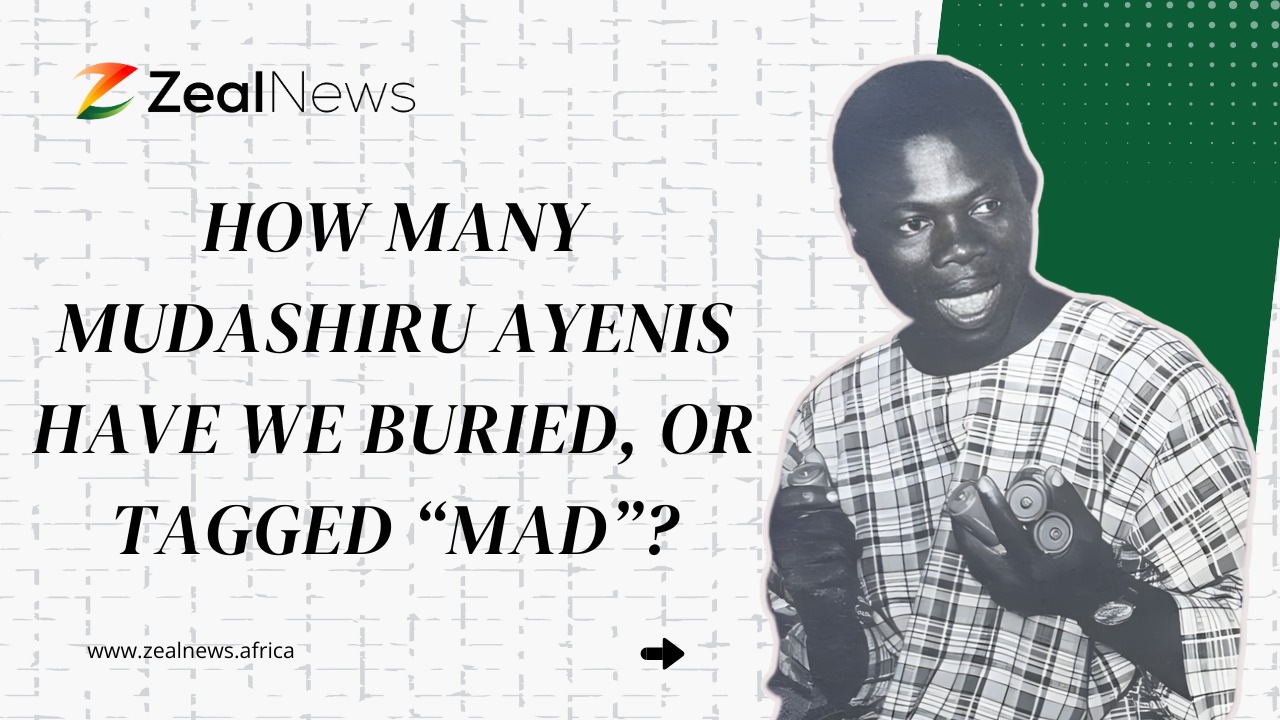What the World Wants to Know: A Deep Dive into the Most Asked Questions on ChatGPT in 2025
.jpg)
Introduction: Curiosity Has a New Name
In the 1990s, we asked Jeeves. In the 2000s, we Googled everything. But today, in 2025, the world talks to a chatbot — and its name is ChatGPT.
Since its public release, ChatGPT has become humanity’s unofficial co-pilot — a digital companion at work, school, therapy, business, and even during existential crises. But what exactly are people asking it?
A July 2025 infographic by Visual Capitalist, based on Service Titan’s analysis of global queries, gives us a revealing snapshot: a pie chart that dissects the top user queries submitted to ChatGPT between March and April 2025. It’s more than just data — it’s a mirror into modern human thought, fear, ambition, and desire.
And what it reveals is both predictable and surprising.
The Breakdown: What Are People Asking ChatGPT?
Photo Credit: Visual Capitalist
According to the chart, 29% of all queries relate to software development. History and society follow at 15%. AI and machine learning come in at 14%, while economics, finance, and tax make up 13%. Other categories include entertainment (8%), education and academia (7%), tech brands and platforms (5%), legal questions (4%), U.S. politics and governance (3%), and environmental issues (2%).
This breakdown provides a fascinating cross-section of what humanity is most curious about in a world increasingly shaped by technology.
Software Development: The Code Behind the Curiosity
The largest chunk of queries, nearly one-third, relates to software development. This surge is no surprise given the explosive demand for digital solutions across industries. ChatGPT has become a programmer’s second brain, a go-to partner for debugging, scripting, or learning new languages on the fly.
But it’s not just seasoned coders turning to the AI. A growing number of people are trying to learn how to code — not just to build apps, but to change their lives. Software development remains one of the highest-paying, most remote-friendly career paths.
In many parts of the world, coding is a passport to economic freedom. And ChatGPT, with its real-time explanations and adaptability, offers a learning experience that’s faster and more forgiving than any online course.
More advanced users are even turning ChatGPT into a meta-tool, prompting it to write scripts that automate code generation, build entire applications, and even test product ideas. In essence, software development isn't just a category — it's the new global literacy. And ChatGPT is the dictionary.
History and Society: The Past Still Speaks
The second most-queried topic, at 15%, is history and society. It’s an unexpected but powerful indicator of a broader human impulse: the need to understand where we’ve come from to better navigate where we’re going.
Millions of students around the world are using ChatGPT to supplement their education. But beyond homework help, users are also engaging with the platform to explore social justice, postcolonial theory, religion, wars, revolutions, feminism, race, and identity. For many, these questions are deeply personal and often neglected by traditional education systems.
ChatGPT becomes a tool for exploration, helping users unpack complex histories, debunk misinformation, and engage in the kind of nuanced conversations often missing from school syllabi or national discourse. In a world riddled with echo chambers and political polarization, the thirst for context, facts, and synthesis is stronger than ever.
AI and Machine Learning: Asking the Machine About Itself
There’s something poetic about millions of users asking an AI to explain AI. Fourteen percent of global queries are about how this very system works. People want to know how it thinks, what it knows, how it learns, and what limits it has. For many, this stems from a place of awe. For others, it’s rooted in suspicion.
ChatGPT is frequently asked to explain concepts like neural networks, supervised learning, bias detection, and reinforcement algorithms. The average user is becoming more literate in the language of algorithms and machine reasoning. In the process, they're also learning how to "talk" to the machine — a discipline now called prompt engineering, which is quickly becoming a key skill in the future of work.
But these aren’t just technical questions. They’re philosophical. Can AI lie? Can it be conscious? Can it be trusted? Behind every question about AI is a deeper concern about what it means to be human in a world where intelligence is no longer uniquely human.
Photo Credit: CFO Tech UK
Finance, Economics, and Tax: The Universal Language of Money
In a world facing inflation, debt, and widening inequality, it’s not surprising that 13% of queries are about economics, finance, and taxes. From budgeting tips to cryptocurrency trends, users are asking ChatGPT how to survive — and thrive — in a complex financial system.
The platform is being used by students to understand macroeconomic theory, by parents to plan family budgets, and by entrepreneurs to explore startup models and pitch decks. For many, especially in countries where financial education is limited, ChatGPT serves as an informal advisor — free, always available, and nonjudgmental.
Small business owners, freelancers, and gig workers frequently consult it on how to navigate taxes, invoice clients, or register businesses in their respective countries. This reveals a broader trend: people are increasingly turning to AI not just for answers, but for empowerment.
Entertainment, Education, and Everyday Curiosity
Eight percent of queries are about entertainment — from decoding movie endings and ranking the best shows to generating poems, music lyrics, or original stories. Entertainment is where creativity and curiosity collide, and ChatGPT is becoming a tool not just for consumption but for creation.
Seven percent of queries come from the world of academia — students asking for thesis guidance, educators seeking lesson plans, researchers summarizing dense papers. As education continues to digitize, AI tools like ChatGPT are filling critical gaps, offering clarity in a sea of information overload.
Users are also seeking guidance on how to use tech platforms like Canva, Notion, Excel, or Google Sheets. These questions make up 5% of the total and reflect how ChatGPT is becoming an instant user manual for the digital age.
On the legal front, 4% of queries deal with contracts, rights, landlord-tenant issues, and immigration law. While ChatGPT is no substitute for legal counsel, it provides first-line knowledge in a space that’s often inaccessible due to cost.
Photo Credit: The Trusted Advisors
Three percent of users are asking about U.S. politics, especially in the lead-up to elections. And perhaps most troubling of all, only 2% of global queries focus on climate change and the environment. In a world grappling with ecological collapse, this suggests that urgency doesn’t always equal attention.
A Mirror to the World: What These Queries Say About Us
This data doesn’t just quantify curiosity — it reveals the hierarchy of modern anxieties and ambitions. It shows a world trying to build businesses, grow careers, understand itself, and stay afloat.
The dominance of software, finance, and AI reveals a future-focused, skills-driven mindset, where people are seeking tools to adapt and succeed. The high interest in history and society shows that even in our fast-paced world, we haven’t forgotten to look back.
And yet, the minimal concern about climate raises a difficult question: Are we really ignoring the most existential challenge of our time?
Conclusion: The Search for Meaning in a Machine Age
ChatGPT is not just a product. It’s a portal. It’s not just about answers — it’s about the human need to ask.
What people type into that little chat box reflects more than curiosity. It reflects longing. For knowledge. For control. For belonging. For hope.
The real story here isn’t just that people are asking ChatGPT about code or capitalism or culture. It’s that people are still asking. Still searching. Still hungry to understand.
And in a world where the pace of change can leave even the brightest minds breathless, maybe that — the act of questioning — is the most human thing we have left.
You may also like...
When Sacred Calendars Align: What a Rare Religious Overlap Can Teach Us

As Lent, Ramadan, and the Lunar calendar converge in February 2026, this short piece explores religious tolerance, commu...
Arsenal Under Fire: Arteta Defiantly Rejects 'Bottlers' Label Amid Title Race Nerves!

Mikel Arteta vehemently denies accusations of Arsenal being "bottlers" following a stumble against Wolves, which handed ...
Sensational Transfer Buzz: Casemiro Linked with Messi or Ronaldo Reunion Post-Man Utd Exit!

The latest transfer window sees major shifts as Manchester United's Casemiro draws interest from Inter Miami and Al Nass...
WBD Deal Heats Up: Netflix Co-CEO Fights for Takeover Amid DOJ Approval Claims!

Netflix co-CEO Ted Sarandos is vigorously advocating for the company's $83 billion acquisition of Warner Bros. Discovery...
KPop Demon Hunters' Stars and Songwriters Celebrate Lunar New Year Success!

Brooks Brothers and Gold House celebrated Lunar New Year with a celebrity-filled dinner in Beverly Hills, featuring rema...
Life-Saving Breakthrough: New US-Backed HIV Injection to Reach Thousands in Zimbabwe

The United States is backing a new twice-yearly HIV prevention injection, lenacapavir (LEN), for 271,000 people in Zimba...
OpenAI's Moral Crossroads: Nearly Tipped Off Police About School Shooter Threat Months Ago
ChatGPT-maker OpenAI disclosed it had identified Jesse Van Rootselaar's account for violent activities last year, prior ...
MTN Nigeria's Market Soars: Stock Hits Record High Post $6.2B Deal

MTN Nigeria's shares surged to a record high following MTN Group's $6.2 billion acquisition of IHS Towers. This strategi...






